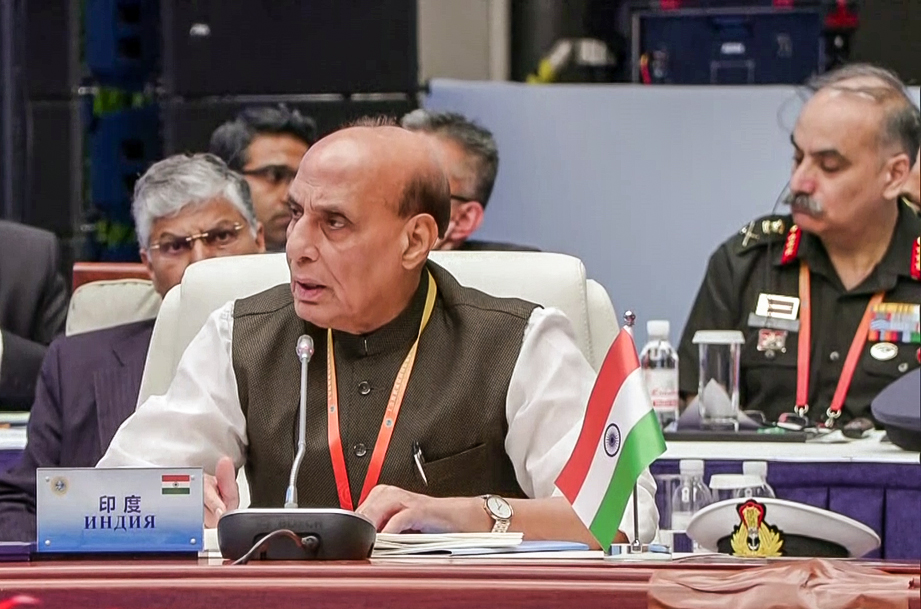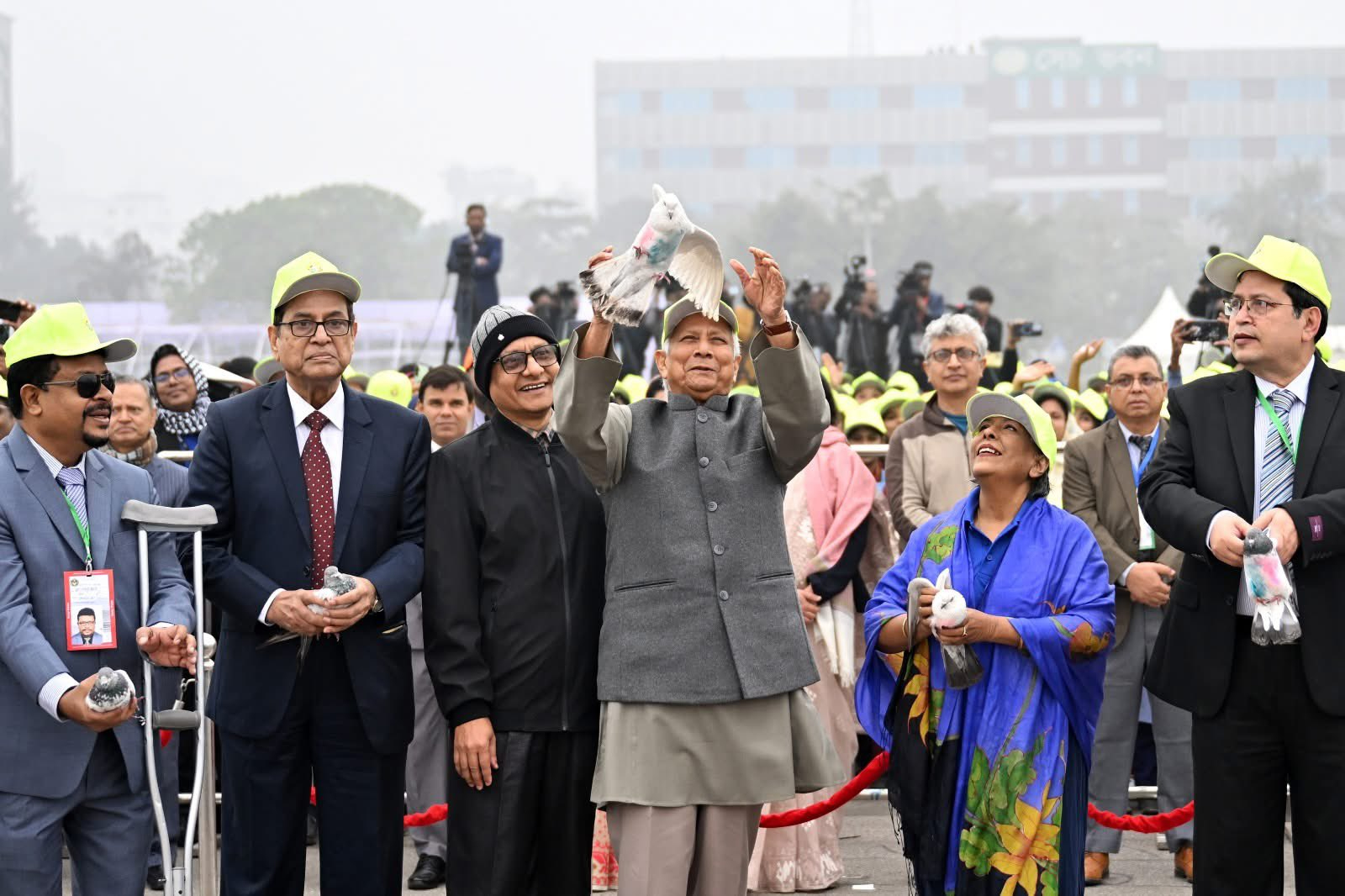According to the report, Asia, along with the rest of the world, was confronted with multiple stagflationary shocks in 2022…reports Asian Lite News
The year 2023 will be the year of disinflation (inflation at slow rate) in Asia, said Morgan Stanley in a research report.
“We expect 2023 to be a year of disinflation. Asia’s inflation, which had more of a cost push element, has already peaked in 3Q22. For 90 per cent of the central banks in Asia, inflation will return to target/comfort zone by 3Q23. In contrast, inflation will remain somewhat above target in the US and Euro Area,” it said.
According to the report, Asia, along with the rest of the world, was confronted with multiple stagflationary shocks in 2022. However, Asia weathered these shocks better: the step up in inflation was less as compared to other regions, while the step down in growth was more moderate.
Morgan Stanley expects four out of 11 central banks to stop tightening policy by 4Q22, with the rest stopping in 1Q23. There will be a pause in the rate hiking cycle, coupled with an easing in US rates and peaking of the US dollar, leading to easier financial conditions in 2023.
While weak external demand will remain a drag at least through the first half of 2023, Asia’s domestic demand is supported by reopening and the easing of financial conditions, the report notes.
China will emerge as an additional pillar of domestic demand support after its reopening from the spring of 2023.
“We expect Asia’s growth to improve from a trough of 3.4 pe rcent in 1Q23 to 4.6 per cent in 2H23,” the report said.
According to Morgan Stanley, the inflation in the US and China’s reopening are key factors. If US inflation stays elevated for longer, it would lead to more tightening by the Federal Reserve than is expected and could drive renewed strength in the US dollar.
This, in turn, would prolong the rate hike cycle in Asia, keep financial conditions tight, and exert downward pressures on growth.
A delayed reopening in China risks could have non-linear impact on China’s growth trajectory, with adverse spillover implications for the rest of the region, the report added.














